Don't Ignore the Anomalies
The pernicious consequences of continuous war
“I'm not entirely sure that people know what money is anymore.”
A number of people have sent kind emails or made Substack “pledges” offering to pay for this here Substack, which I am grateful for, but I have decided that since I’d probably write these anyway for my own reference, and since I would like more people to be aware of what’s going on - always a goal of mine online - I will post for free.
Thank you all for your support, and please go back and check out some of the old posts.
However, if you would like to send me some of the Bitcoin - which I understand is trendy among the kids and WEF Oligarchs like Larry Fink - I won’t stop you!
All proceeds will go towards my health insurance premiums.
I think this address will work:
bc1qkvxy0f8tnxnjddwtyg3jshwgck4e9haw8e8kf9
Got this from Substack. I think they (and Stripe) miss their cut:
Apparently Jeffrey Dahmer’s IQ was 145.
Jim Bianco on the next Fed Chair:
“Bottom Line: Many of the names being floated like Summerlin (and I would add Rieder, Zervos, current, and former Fed officials) have ties to Bessent and are intended to make it appear like an exhaustive process. In other words, Bessent is "throwing a bone" to friends to get some attention for their businesses. As Trump said yesterday, it sounds like he has already made up his mind, and none of these "filler" names are even being invited to the White House for an interview. And since Bessent is providing the "filler" names…could it be that Trump talked Bessent into taking the job as Fed Chairman?”
Anyway, quit caring about government numbers.
You can trade off them, sure, but they’re largely hallucinations.
In contrast to physics, there is no estimate of statistical error within economics in spite of Oskar Morgenstern’s book, On the Accuracy of Economic Observation. The problem of error in economic observations is still a widely neglected problem. The various sources of error that come into play in the social sciences suggest that the error in economic observations is substantial. As the error might be substantial, this paper argues that the usefulness of econometrics becomes questionable.
I’m reminded of Porter Collins’ quip: “I'd like to believe that the Fed puts out real numbers that show you what the real CPI is, and what the real jobs number is...but that's not the world we live in, right?"
Or Tony Deden: “When you are younger and new to investing, you want to believe the authorities, rating agencies, government statistics etc., but as you grow older you realise that they all lie, and everything is phony.”
Share of Total Spending by Income Quintiles
This is not healthy:
Also Unhealthy: Share of Net Worth Held by the Top 0.1%
“I gave all my Apple wealth away because wealth and power are not what I live for. I have a lot of fun and happiness. I funded a lot of important museums and arts groups in San Jose, the city of my birth, and they named a street after me for being good. I now speak publicly and have risen to the top. I have no idea how much I have but after speaking for 20 years it might be $10M plus a couple of homes. I never look for any type of tax dodge. I earn money from my labor and pay something like 55% combined tax on it. I am the happiest person ever.”
Global M2
Felt like looking this up…
Mike Green On AI-Driven Growth
Over the past year, the market has crowned artificial intelligence the most important economic driver of the next decade. It’s not just hype — AI-related capital spending added more to U.S. GDP growth last quarter than consumer spending did. That’s a staggering data point.
But more remarkable is the absence of investment outside this narrow category. Private fixed investment (including residential) is unchanged in real terms since 2018 – and within 5% of 2007 levels despite a 25% increase in population.
This highlights just how weak the economy truly is behind the AI narrative. The surge is intoxicating: AI will supercharge corporate productivity, open new revenue streams, and lock in monopoly-like profits for the firms who dominate the space.
Unfortunately, the same sobering historical parallel exists for canals and toll roads in the 1820s, railroads in the 1850s, automobiles and electrification in the early 20th century, and the fiber optic build-out of the late 1990s.
Meanwhile…
Members of Congress Increasingly Take Jobs as A.I. Lobbyists
Former Sen. Richard Burr, R-N.C., recently registered for the first time as a lobbyist. Among his initial clients is Lazarus AI, which sells AI products to the Defense Department.
OpenAI also registered former Rep. Cheri Bustos, D-Ill., a former senior ranking Democrat, as a lobbyist via the firm Mercury LLC. Bustos's disclosure notes she works on "issues related to artificial intelligence policy" on behalf of the firm.
Former Rep Kevin Yoder, R-Kansas, is registered to lobby on AI policy for Microsoft and BigBear.AI, which he is working to shape policies “impacting AI-powered decision intelligence solutions for defense, national security, travel & transportation.”
Former Rep. William Lacy Clay, D-Mo., is registered to lobby for Windward USA to a leading maritime AI company, to influence AI policy.
Former Rep. Chris Stewart, R-Utah, is registered to lobby on AI policy for firms Polygraf AI and Virtualitics, Inc.
Former Sen. Norm Coleman, R-MN, was previously registered to lobby on behalf of OpenAI. He is currently registered to represent the Computer & Communications Industry Association, a trade group for Amazon, Apple, and Google, among other major tech firms. Coleman works for CCIA’s “Don't Break What Works campaign,” which fights to stop anti-monopoly legislation such as the American Innovation and Choice Act. The campaign claims efforts to break up tech monopolies will harm "American AI innovation."
Former Rep. Jeff Miller, R-Fla., represents data and AI giant Palantir as a registered lobbyist through his work at the Trump-connected firm Ballard Partners.
And this, from Hank Greenberg:
“From the “history rhymes” department...
“I haven’t talked with former tech analyst/fund manager Andy Kessler in years, but never miss one of his weekly columns in the Wall Street Journal. Last week's was a Kessler classic, written by someone who has been there, done that. In “Netscape Lessons for AI Mania,” Andy gives a good run-through of the evolution of tech as we know it today, starting with Netscape, which many of us remember for its Netscape Navigator – the browser that bred the Internet. Lotsa lessons from that era, but Andy nails it with this...”
With today’s flurry to invest in any company that can spell AI, Netscape’s biggest lesson is that nothing lasts forever. AOL bought Netscape in 1998 for $4.2 billion in stock. AOL’s peak value reached $222 billion in December 1999, and in January 2000 it bought Time Warner for $182 billion. The dot-com boom peaked a month later, and the merger was a massive failure. AOL stopped supporting Netscape browsers in 2008. In 2015 AOL was sold to Verizon for peanuts, and in 2021, along with the remains of Yahoo, it was sold to private-equity firm Apollo.
In the current bull run, the “Magnificent Seven” stocks, growing on the backs of Netscape’s innovation, are worth $19 trillion. Netscape is a footnote in history but proof that the spark of a new idea and the freedom to pursue it, coupled with robust capital markets and even a dose of runaway speculation, can change everything. Even if the first movers, the original innovators, don’t make it.
“This time, kids, it won't be any different.”
Chris Whalen
“Americans don't like to pay their bills.”
“It's not like the markets are dying for liquidity. We have too much.”
“You can't have a discussion about Fed independence if you're out borrowing a trillion dollars every three months.”
“The US government has consistently tried to marginalize gold, and have all of the focus on the dollar, but that only works if we behave ourselves. If we add a lot of debt on top of a fiat currency, it doesn't work.”
“But remember, the economist profession has created this kind of ecosystem for themselves around government data.“
“This country's been socialist for 100 years.”
“You had Arthur Burns lecturing Congress about deficits and inflation and he explicitly said, "I will not cut interest rates until you reduce the deficit." Would a Fed chairman say that today? No. So that's the difference.”
How to get a “more independent” Fed:
The way you do that is you get rid of the board of governors in Washington. I know they're building a new palatial headquarters, but if you got them out of Washington, created three new reserve banks in the West, where we obviously need them, you would turn branches into full-blown reserve banks, and then you'd have 12 or 15 reserve bank presidents as the Federal Open Market Committee, and that would be it. You rotate the chairmanship and you get them out of the political domain. I think it would be good for the country.
Now, can they act independently given the federal budget debt?
No.
“I still think this is one of the greatest videos ever created, and the fact that it is actual audio from a Presidential debate makes it even funnier.”
This is true.
Maybe not true in the long run, whenever that is. Ask Dave Collum about valuations.
“There are now 498 AI “unicorns,” or private A.I. companies with valuations of $1 billion or more, with a combined value of $2.7 trillion, according to CB Insights. Fully 100 of them were founded since 2023.
There are more than 1,300 A.I. startups with valuations of over $100 million, the firm said.”
‘Mr. Skin’ from Fleckenstein’s Daily Market Summary:
“At every mania peak the SPX weighted index had two or three huge cap "favorites" accounting for as much as 15% of the index. In 1929, the standard "benchmark" for lunacy, RCA was essentially THE "market", accounting for not only weighting influence but most importantly, on some of the more insane days, it would account for as much as 20% to 30% of total NYSE volume.
When that bubble broke, RCA went from 114 down to 2 over the next three years. At the 2000 "Tech mania", MSFT and INTC (known as "WinTel") were the two dominant names, accounting for about 10% of SPX cap. When adding the next couple of big caps (like CSCO and DELL, etc,) almost 20% of the so-called "market" was defined by a handful. At virtually all market peaks, whatever the existing "theme" (or "excuse") happened to be, whether "tech", "oil", "growth", etc. there was usually a single stock that accounted for as much as 6% of the entire SPX index.
Currently, NVDA accounts for 8.22% of the SPX index with MSFT right behind with 7.12%. If AAPL, AMZN, META, AVGO and GOOG are added in, we get 25% of the index concentrated into 7 names. That's nuts, and the way the passive, mindless "flow" continues to pour in, the big names keep sucking in more and more of money "dedicated" to equities. The dynamics are scary and the issue seems to have drawn comments that may or may not have found their way into the regulatory mechanisms. We can only hope something can be done to correct some of the distortion before "too-big-to-fail" actually fails, because the "unwind" will be well beyond our imaginations.”
Zach Abraham conversation with incoming Fed Governor Stephen Miran Zach asks some good, pointed questions, but I cannot find this hour-plus long version on Youtube. Miran actually follows me on Twitter, which must be painful for him.
Melody Wright
“Right now the household median income in the United States is around $80,000, meaning that really you could only comfortably afford a house between $250,000 and $300,000. And so, you know, that means violent corrections in many areas.”
Also interesting:
“Airbnb was very strategic about the way that they did things. So, for instance, if you go to San Diego right now and you try to search, you'll get 1,000 listings, and it'll say 1,000. So, you think, well, there's 1,000 short-term rentals. I'm a host. There's 1,000 short-term rentals. San Diego needs more than that. No, there are 15,000. They will only show you 1,000.”
“We were in trouble in commercial real estate really since 2008 and before. We've overbuilt, and basically what everyone does is they try to use commercial and residential real estate, and construction particularly, to drive the economy. This is why you'll go to somewhere like Dallas, and see these massive high rises that are completely vacant, but five blocks away, they're building a whole new-spangled building without ever taking that one down.”
“I will leave you with this: When I was writing several times a week in January and February about Fort Knox, the BOE, and the mysterious goings-on in gold, I kept a library of old YouTube and TV news stories via links to X and the internet about Fort Knox and suspicious rumors about Treasury gold. When I went to review them to add to these ruminations this evening, they were taken down, erased, and deleted.”
“Don't ignore the anomalies, because just about every single Nobel Prize that was ever awarded in physics and chemistry or biology is because somebody paid attention to the anomaly.”
CRE
Joe Blackbourn, president and founder of Everest Holdings: “People want [the 10-year yield] pushed down to the long-term average…by that I think that is something over the last 20 years closer to 3%.”
Since August 2005, the average 10-year yield is indeed 2.91%, and the median is 2.75%. However, I do not consider twenty years to be “long-term.”
Indeed, if we go back to January 1962, where the FRED data starts, the average 10-year yield is 5.83%, and the median is 5.5%.
There’s your long-term average. People (especially CRE people) forget that the past 20 years have been a unique period of global central bank insanity.
An interesting anecdote:
Adam Gower: “I was talking to a investor relations guy a about a $2 billion AUM multifamily shop who told me they had…40 assets in their fund, of which he thought five were probably cash-positive - like, total destruction. Total, total implosion.”
Blackbourn: “Cash positive after debt service?”
Gower: “Yeah. Only five above debt service. The rest all negative, like, bleeding money. And I said to him, so is that just you? This by the way is a super professional shop as well. I asked him are you seeing that elsewhere? He said everywhere.”
From Trepp:
“More than $23 billion in CMBS loans now sit past maturity without payoff, liquidation, or extension, up from virtually zero in 2019.”
One comment on the above that I’ll save for posterity:
Rent Number Go Up!
"U.S. Apartment Asking Rents Post Biggest Increase in 2.5 Years"
Someone please tell the Cleveland Fed's "New Tenant Rent Index."
Number go up.
And if rents ever do fall, that’d be wonderful news.
Terrifying.
My favorite scene in Captain Phillips
This scene always makes me misty-eyed. Besides being able to relate to Hanks' character, I know young women just like the corpsman in that scene. Physician Assistants, ER docs, infectious disease specialists. Wonderful people helping others daily. Gives me hope.
“By the Government’s admission, “over one thousand victims” suffered from Epstein’s and Maxwell’s actions. To date, however, the combined forces of our country’s law enforcement agencies have only ever arrested these two individuals in connection with crimes committed against countless young women and girls, and the Government’s recent suggestion that no further criminal investigations are forthcoming is a cowardly abdication of its duties to protect and serve.”
- On behalf of Annie Farmer, survivor of Epstein’s and Maxwell’s crimes who testified at Maxwell’s trial
A "scathing story of narco-trafficking in the Special Forces, drug conspiracies abetted by corrupt police, blatant military cover-ups, American complicity in the Afghan heroin trade, and the pernicious consequences of continuous war.”
Disturbing Podcast with Author Seth Harp and Tucker Carlson
The book discussed is The Fort Bragg Cartel: Drug Trafficking and Murder in the Special Forces
“In December 2020, a deer hunter discovered two dead bodies that had been riddled with bullets and dumped in a forested corner of Fort Bragg, North Carolina. One of the dead men, Master Sergeant William “Billy” Lavigne, was a member of Delta Force, the most secretive “black ops” unit in the military. A deeply traumatized veteran of America’s classified assassination program, Lavigne had done more than a dozen deployments in his lengthy career, was addicted to crack cocaine, dealt drugs on base, and had committed a series of violent crimes before he was mysteriously killed. The other victim, Chief Warrant Officer Timothy Dumas, was a quartermaster attached to the Special Forces who used his proximity to clandestine missions to steal guns and traffic drugs into the United States from abroad, and had written a blackmail letter threatening to expose criminality in the special operations task force in Afghanistan.
As soon as Seth Harp, an Iraq war veteran and investigative reporter, begins looking into the double murder, he learns that there have been many more unexplained deaths at Fort Bragg recently, other murders connected to drug trafficking in elite units, and dozens of fatal overdoses. Drawing on declassified documents, trial transcripts, police records, and hundreds of interviews, Harp tells a scathing story of narco-trafficking in the Special Forces, drug conspiracies abetted by corrupt police, blatant military cover-ups, American complicity in the Afghan heroin trade, and the pernicious consequences of continuous war.”
It doesn’t matter whether you like Carlson or not (his giggling is especially hard to take), it’s the guests1 and their stories I’m interested in, and this is a good one.
Some notes I took (quotes are from Harp unless noted):
“I think a lot of people - including people who are anti-war and who would prefer to see a more isolationist foreign policy - complacently assume that because we spend ungodly amounts of money on our military, a trillion dollars this year on the national defense budget, that - whatever else you think of our foreign policy - at least we have the world's most powerful military. That assumption goes largely unexamined. And the reality is we don't.”
“Another big component of the evolution of the American way of making war, waging war, for the past 20 years is the increasing secrecy around all of this, which I think also has had an extremely deleterious effect.”
Carlson: “Do you think heroin production went up under US occupation?”
Harp: “It went up exponentially, and as a direct result of the US invasion.”
Listen to this:
As an aside, I’ve since blocked Tracey, largely because he, like Catturd and Trump, says the whole Epstein thing is a hoax, or something, and he’s a dick to Whitney Webb.
"Child sex trafficking was something that took place [in Afghanistan] that was something that the US-backed client state was deeply implicated in."
Harp: “You have more heroin than the world can even absorb.”
Carlson: “Why would the US authorities, why would the CIA, why would the White House allow that?”
Harp: “There's a conspiratorial point of view among people who believe that this is some kind of societal program, some nefarious program, that the US government wants the whole world to be inundated with heroin. I personally am more inclined to the view that they just don't care.”
Carlson: “Of course Ted Cruz is corrupt. Look at him. But when it happens among people most civilians revere - like, you know, the most elite units in the US military - that's dispiriting, among other things, right?”
Harp: “I think it is, I think that it is a result of waging wars that nobody really believes in for years and years.”
“You know, Ukraine was the most corrupt country in Europe before the war there, before Russia invaded, and we've dumped so much money, and so much equipment into that country, with no oversight at all, and transferred it to a political class that we know is corrupt to the bone.”
“Something that happened while I was writing the book, not too long ago in fact, which was that the Taliban took over after the US withdrew in 2021, and then proceeded to do exactly what they had done in the years 2000 and 2001, which was to completely eradicate all drugs from the country. And up until then, we had been told - to the extent that drug production in Afghanistan came up - we were always told that it was the Taliban, and that the insurgency and the drug production were just two sides of the same coin. The best lies are the ones that are 180° opposite of the truth.”
Carlson: “The thing is, we're talking about the complicity of the US government in the international drug trade. And you think that's real?”
Harp: “Oh, I definitely think that's real. And again, it's not a top-down conspiracy where that's actually the purpose. It's a side effect of our imperialism and the permanent war paradigm.”
Harp talks also about the pointlessness of Trump's pending "war" against Mexican drug cartels. What if it's governments and military and police who are the actual drug kingpins?
And finally:
Harp: “I do see Trump's influence here to be uniquely negative, because of the way that he surrounds himself with some of the craziest people in the special operations community, elevates these people who among their own colleagues are considered loose cannons, not credible.
You know, there's the case of Eddie Gallagher, where Trump made it such a big part of his brand to defend this disgrace to the Navy Seals who was turned in by his own teammates for killing a bunch of people for no reason. I mean, you're talking about guys who are not bleeding heart liberals by any stretch of the imagination. They're there with Chief Gallagher, next to him, seeing what he's doing, and they're not okay with it. They turn him in. The command wants nothing to do with Gallagher. They also think that he's an embarrassment and a disgrace and a murderer, but Trump intervenes to prevent him from losing his trident2, and Trump touts him, and he becomes this big influencer and so forth.
So that type of incredible irresponsibility and malignancy on Trump's part, his uniquely malignant influence as commander-in-chief, I think augers very poorly for the possibility of reform in at least in the next 3 years.”
I listened to the Demetri Kofinas and Grant Williams chat with Jonathan Kirshner.
This was Kirshner’s best line:
"That the Trump Administration is delivering to its so-called base on culture war issues, but not, explicitly not on economic issues. And so if you look at the big beautiful bill, or whatever the heck it is they call it, that is a wealth transfer up from the working class to the wealthiest. And I don't think that is really delivering what the base wanted on the economic front."
However - besides quoting Martin Wolf a few times too many (one time is too many) - something bugged me about Kirshner, this part in particular:
Kirshner said - re: Trump and the Epstein story - "…if part of your success was in convincing people that their appreciation for bizarre conspiracy theories was right…"
"Bizarre conspiracy theories" set me off. The Epstein network is the most brazen thing I've ever seen. It's not a “bizarre conspiracy theory.” Give me subpoena and police powers and I'll show you.
The podcast also prompted me to make two posts for some reason:
Maybe I was just in a bad mood and misunderstood what Kirshner was saying - he made some good points - but those two tweets stand alone apart from this particular podcast. I gave Demetri a little grief, but him and Grant are great and I’ve always been their #1 publicist, so they put up with me.
"The greatest conspiracies are open and notorious - they're not theories, they're practices..."
"The Navy SEAL Trident is a gold pin that signifies a Navy SEAL's qualification and membership in the elite SEAL community.”





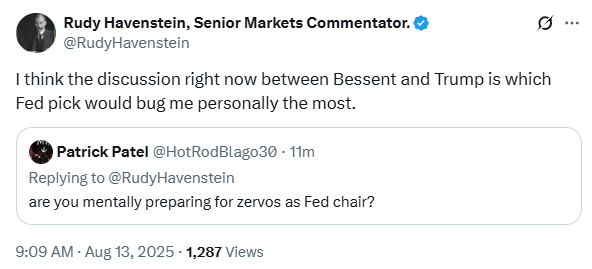
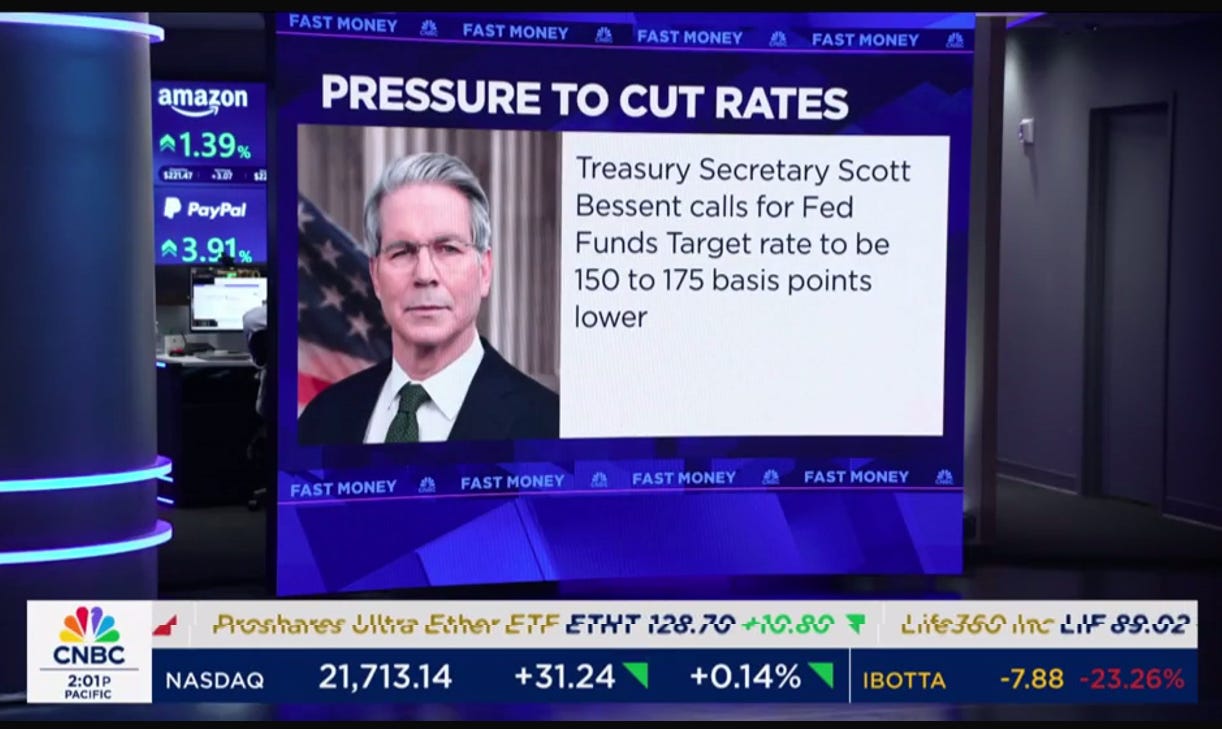


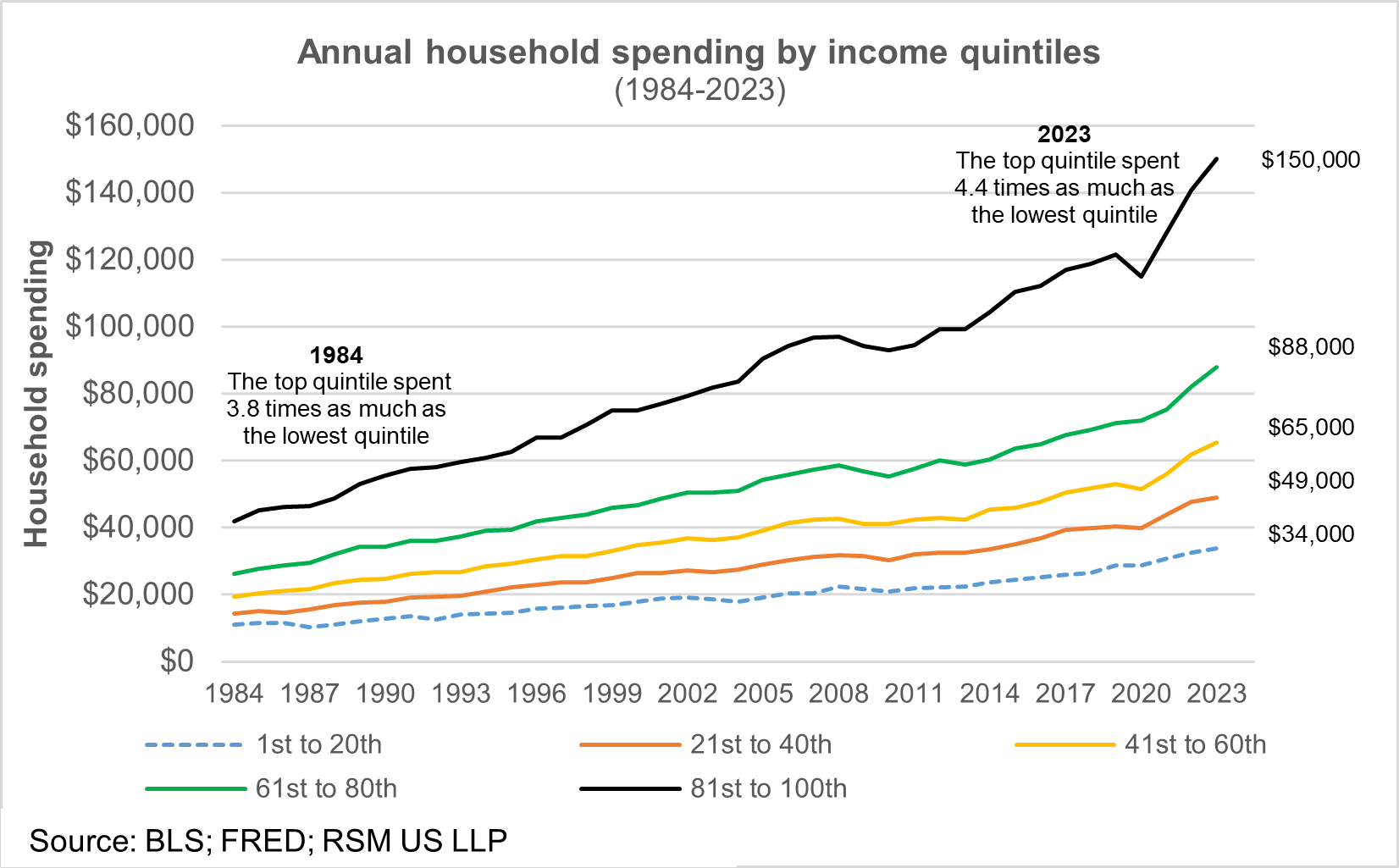
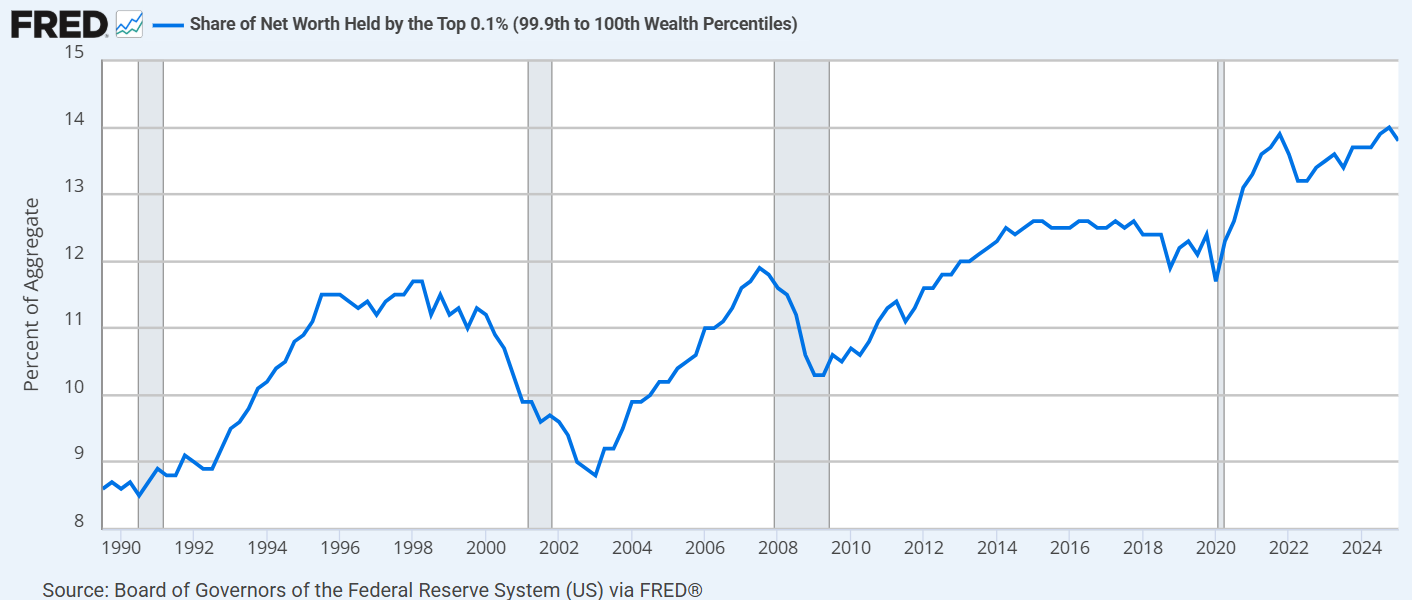
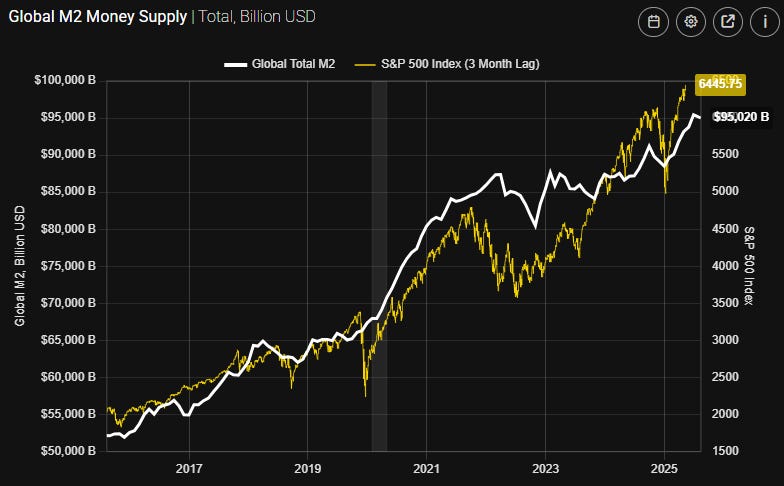
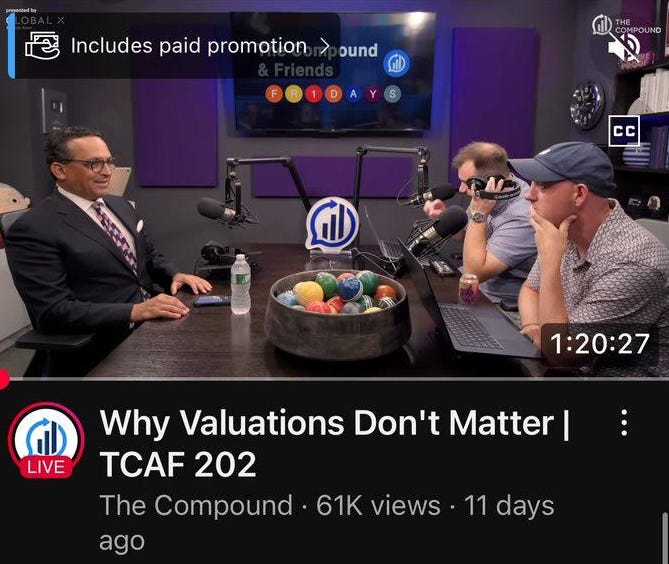

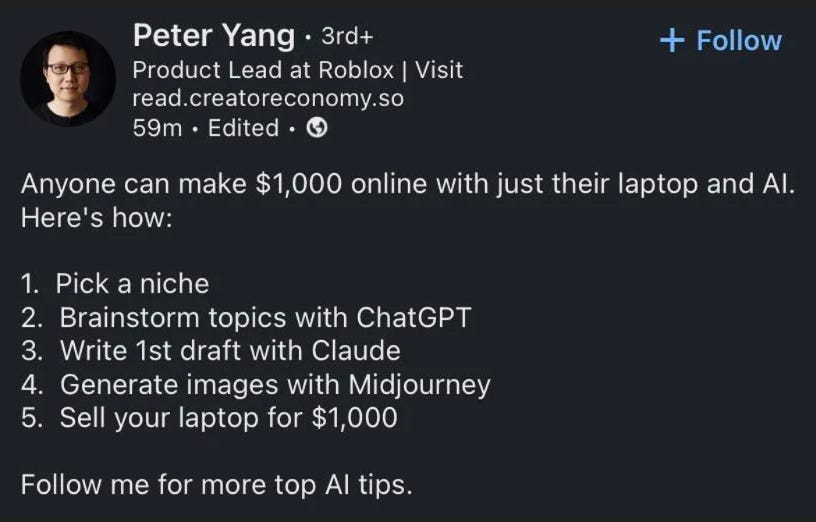
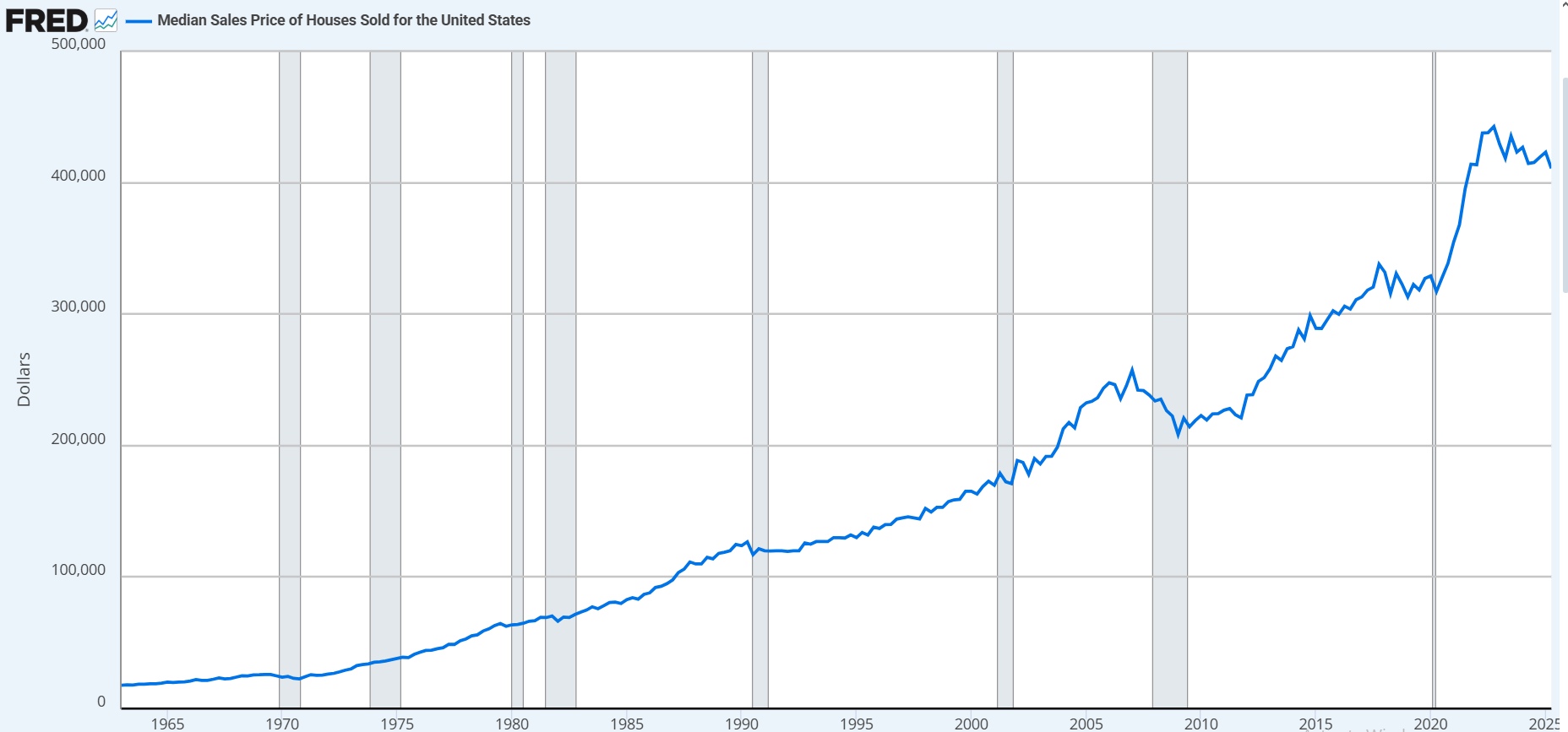
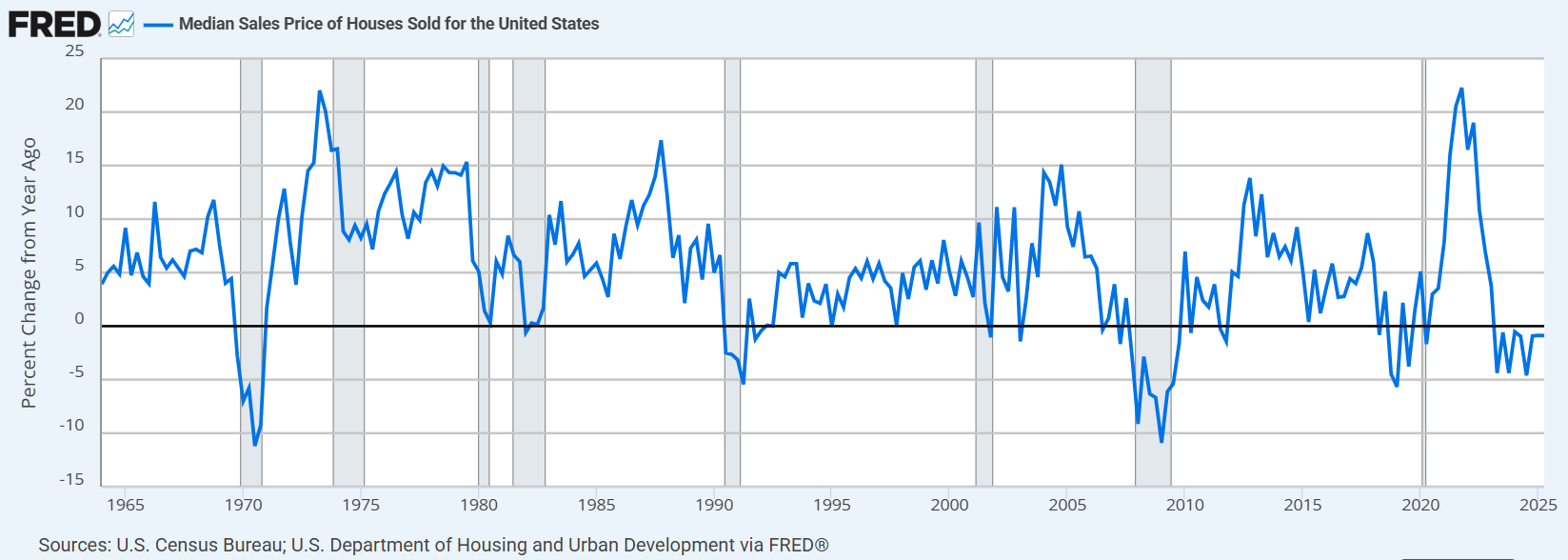


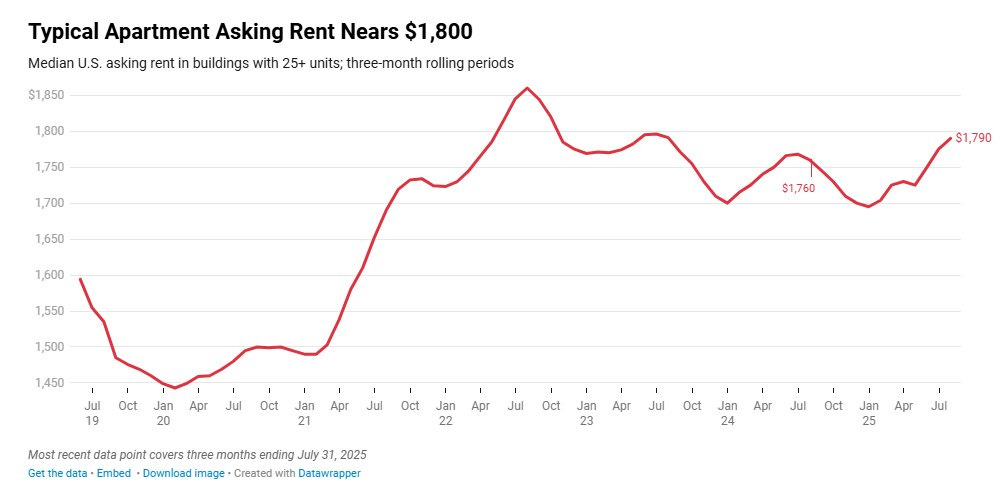

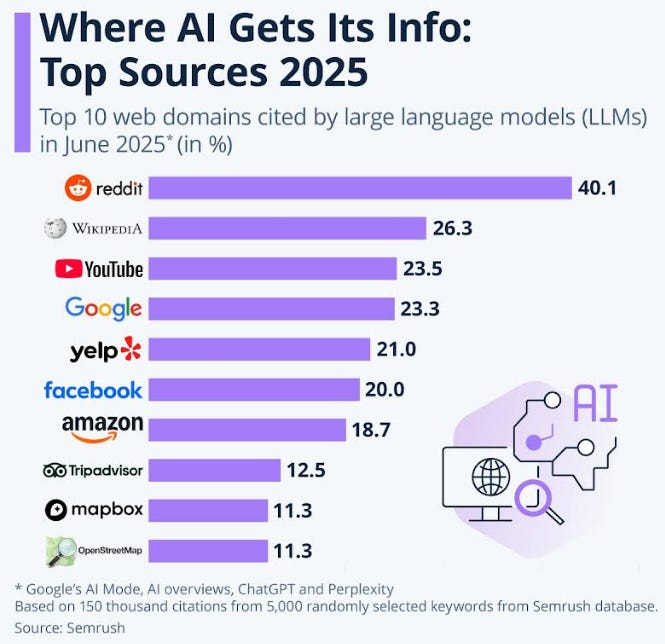
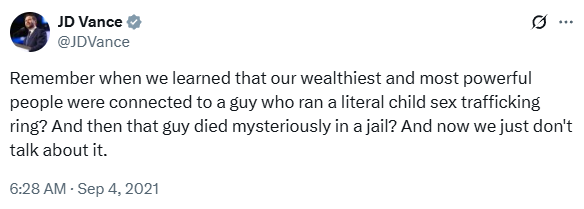
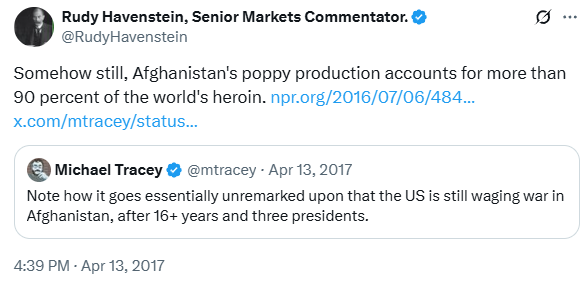

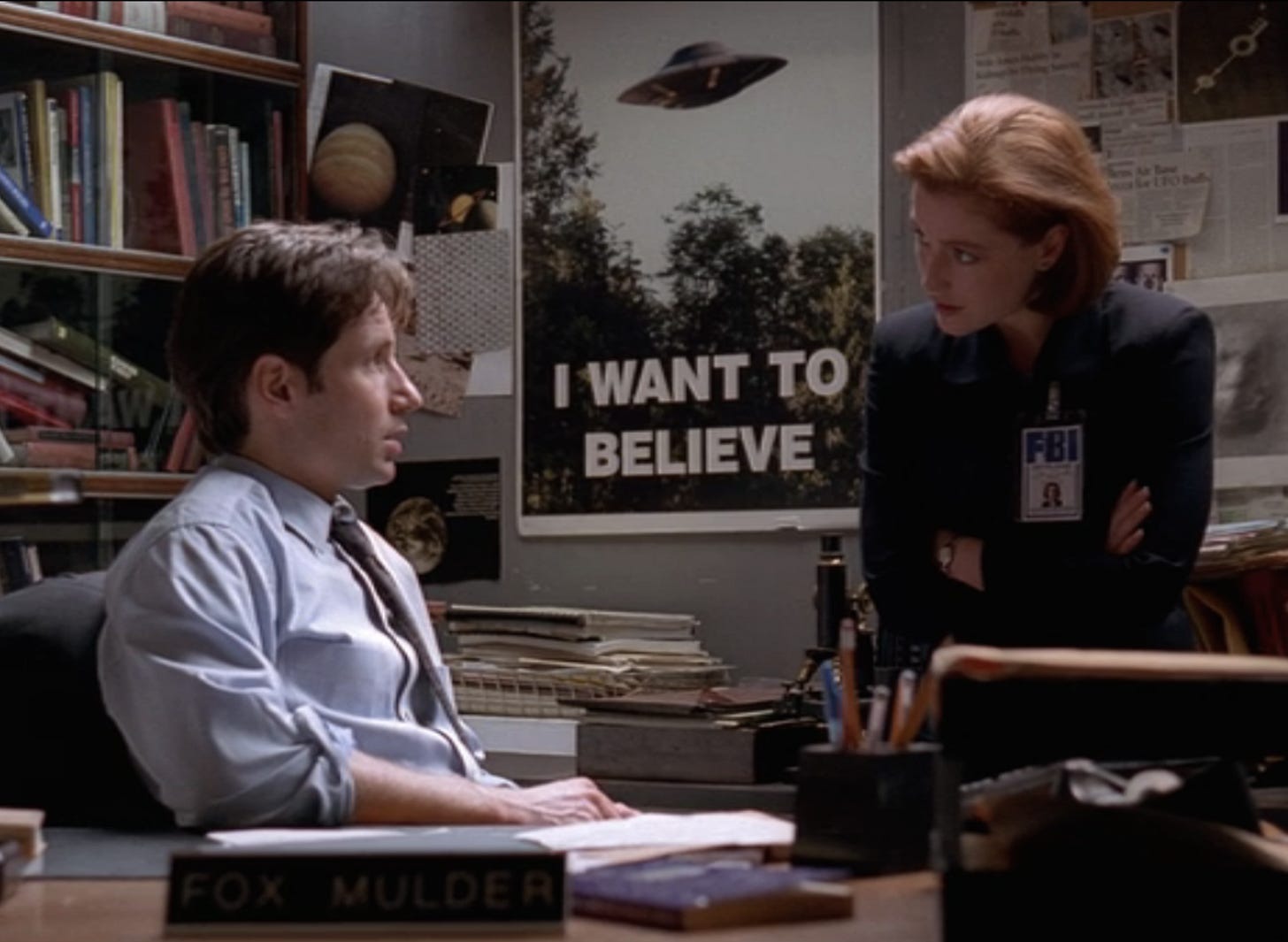
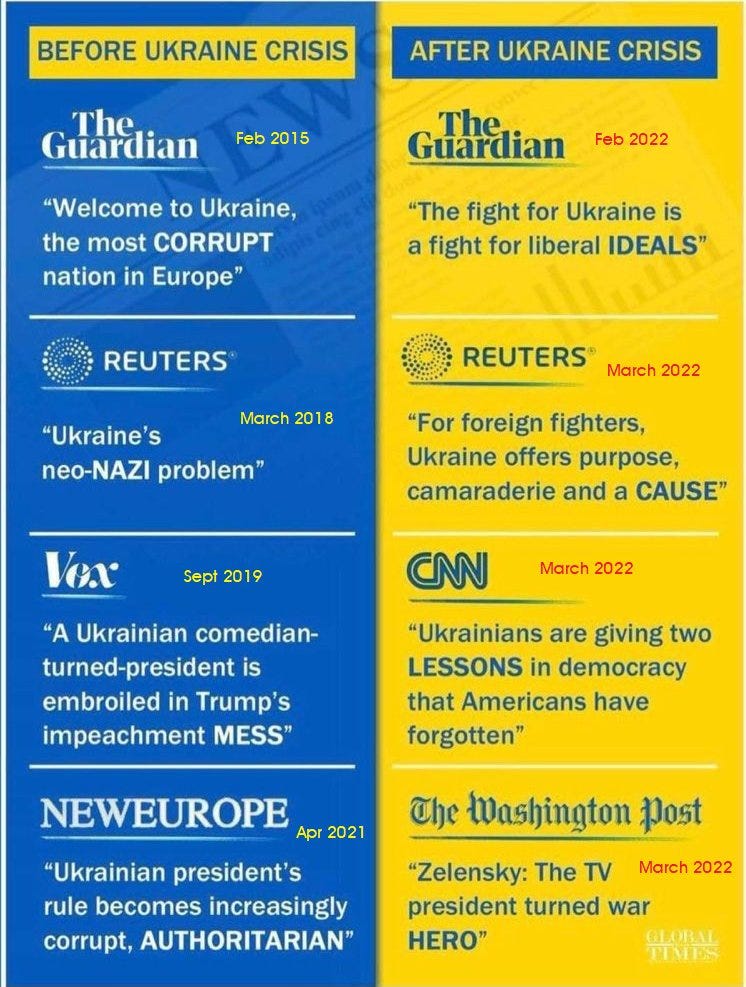


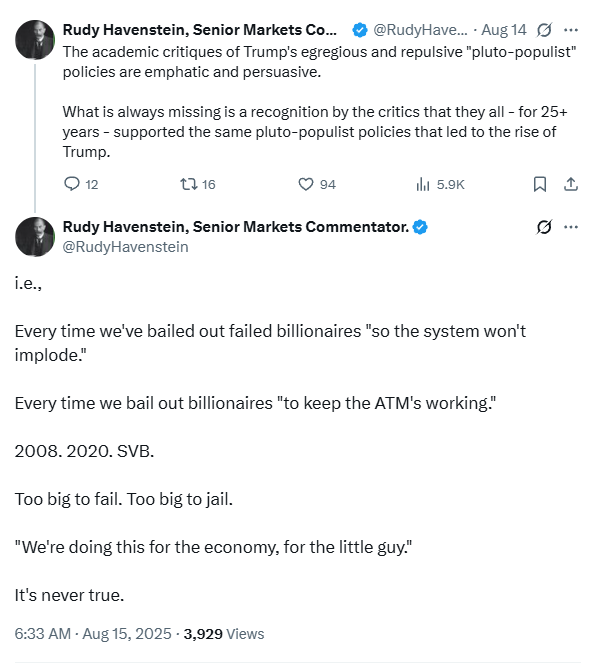
Rudy, you give me hope. You’ve said, I have enough and this is free. Thank you for being a good guy. 😊
Rudi…..much in common with Pippa’s current piece. Feels tense and unsettling out here in Flyover country….makes one wonder if there’s much left to steal.
Does it matter that the CIA “briefs” the heads of every major American bank (and many non-American banks as well)? Does it matter if the Imperial establishment illicitly and secretly runs banks of its own? America has still never quite faced the stories of what really happened in the Iran-Contra scandal, with BCCI, and even Wirecard, and many other banking and finance scandals.